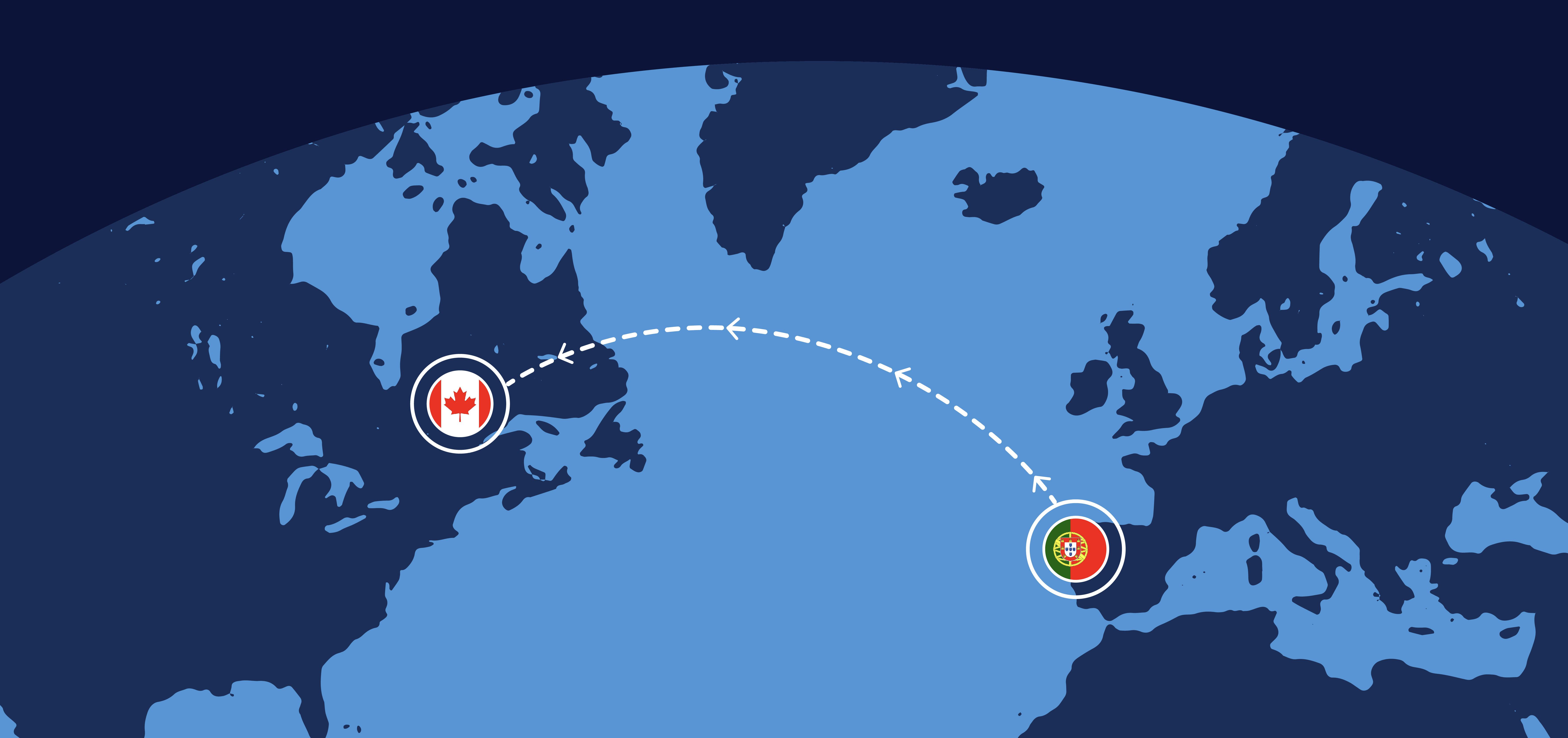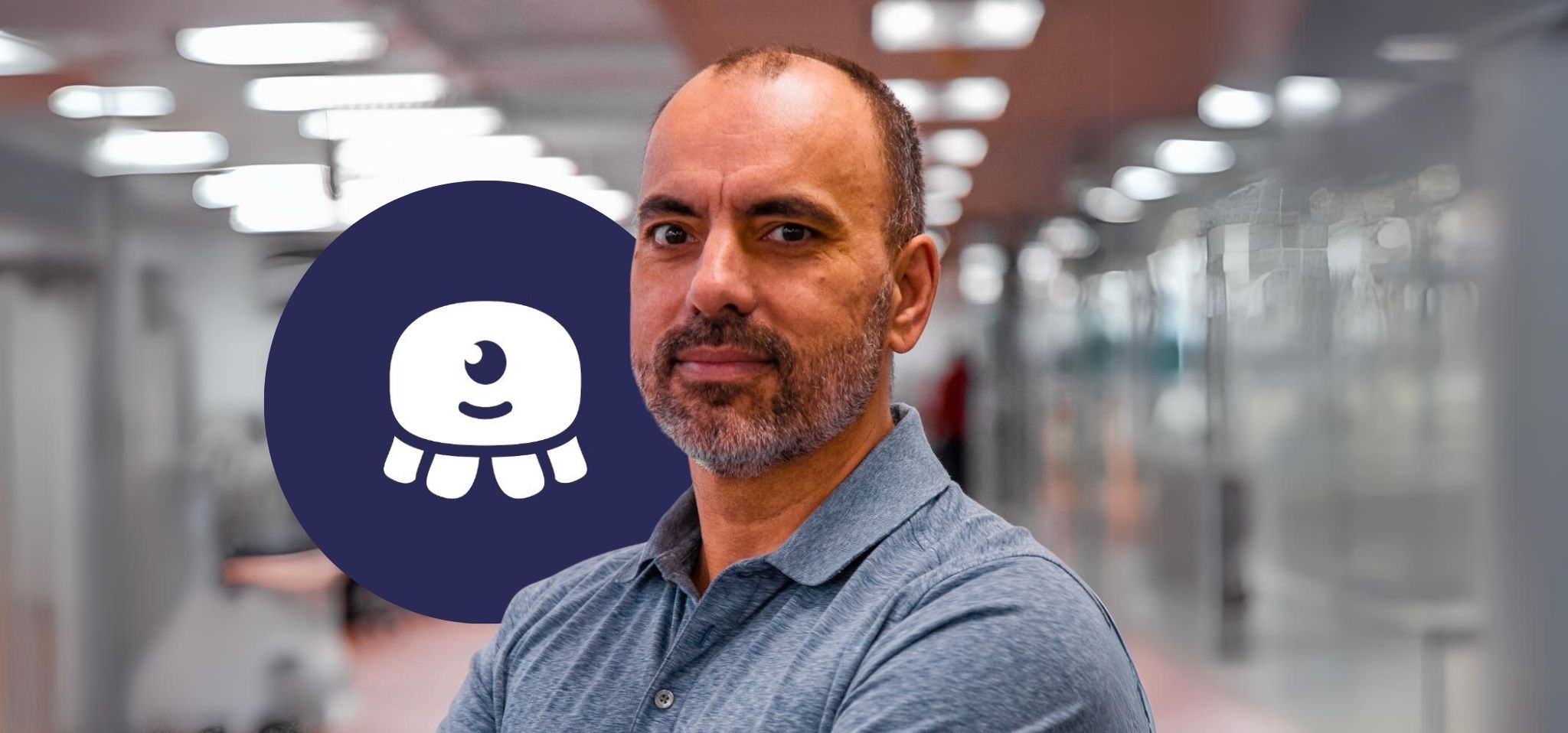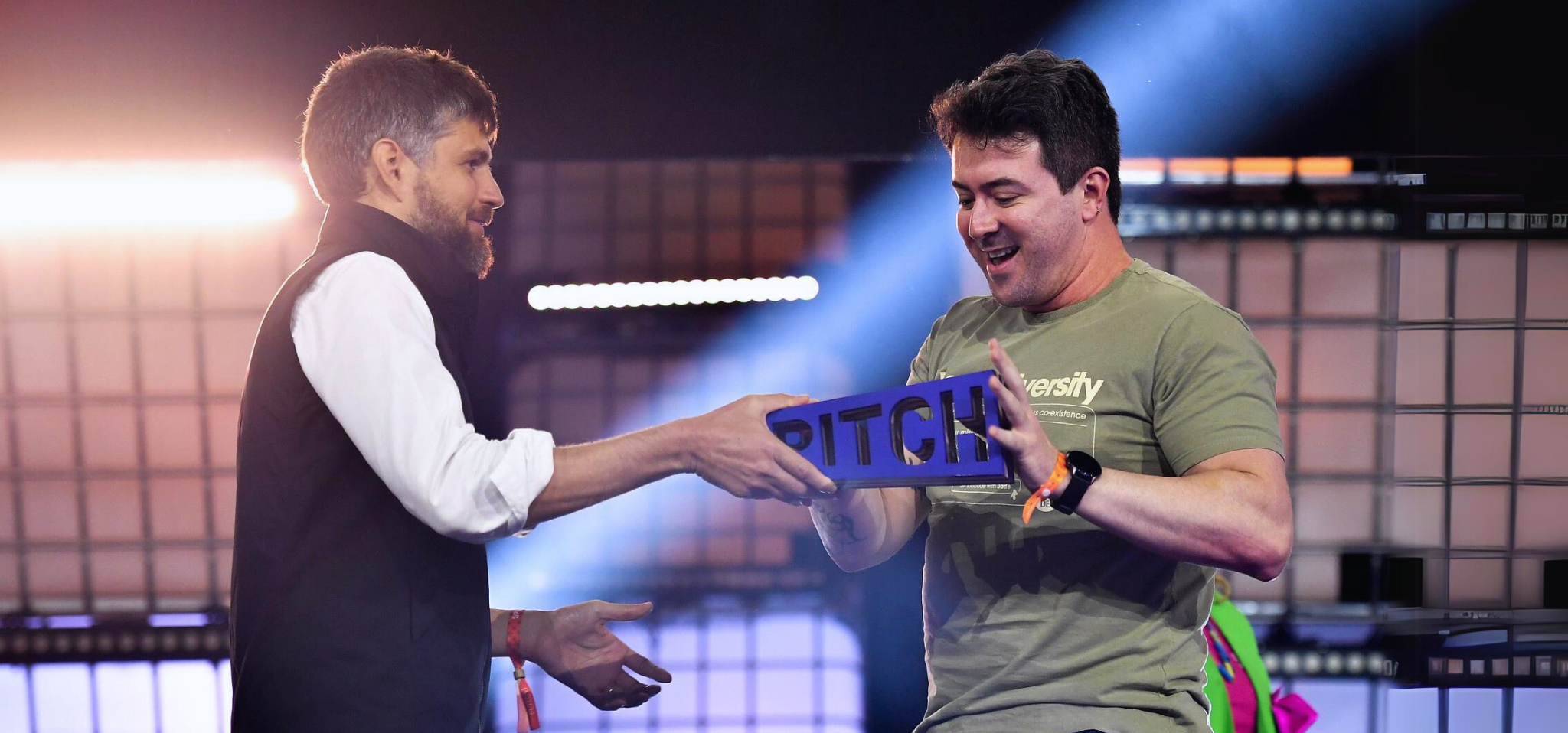
Startup Success: What do our events mean to Unified.to’s Roy Pereira?

We sat down with some of the successful and exciting startups in our network about their experiences at our events. Here, we speak with Roy Pereira of Unified.to.
Unified.to, founded in 2023, is one of the many exciting startups in Collision’s network. Ahead of our 2024 event, we spoke to co-founder and CEO Roy Pereria about this year’s Collision, and about previous experiences at our North American and flagship events.
Unified.to’s mission is to remove the burden from software companies that are building integrations into their customers’ third-party accounts, and maintaining them.
The Unified.to team builds API-first integrations at scale, enabling developers to gain access to rapidly expanding integration categories – from CRM to ticketing – through a unified API.
Here, Roy explains what Collision and Web Summit mean to founders, and how attendees can get the most out of the event.
Could you tell me a little bit about your current company, Unified.to? When and why did you set it up?
Unified.to, a B2B SaaS operation, is five months old. It started earlier this year in January. And it is really the startup that I wish I had when I was starting other startups.
We started building the core architecture. It’s all about unified API’s. How do I make all the API’s look the same? How do I make all the data that we push in – and get back out – all the same?
So that took us a couple of months. And now we’re super fast. Like, we built 21 different integrations in the last 30 days. We’re up to 92 in total, and we’re super fast because of that core architecture that we built at the beginning.
What was your first experience of our events?
The first year I went to Web Summit was 2016, and it was amazing. [Lisbon] is sort of this other actor in the conference. You know, you go there for the conference itself, and the conference is massive. But then you’re in Lisbon proper, and you’re going through this old town, but you’re at a tech conference, and there’s all these tech people, and it’s just like the best of both worlds.
It is quite amazing. The juxtaposition is really fascinating.
My story with Toronto is that I’m Canadian, but I was living in Silicon Valley, and I moved back to Toronto. And so I thought Toronto was amazing. Lots of things to do here and lots of opportunity, but it wasn’t really known as tech.
Since 2000, it’s grown into the third largest tech hub in North America. It’s sort of reimagined itself – it’s a finance town; a government hub. And it wasn’t really well known for tech.
Then, all of a sudden, you can’t walk around Downtown without hitting a tech startup. And then to have Collision come in? It’s perfect, because Toronto was growing already.
And so you sort of had this multiplier effect where Collision came in and rode the coattails of Toronto’s success in tech, but Toronto also rode the coattails of the brand of Collision. It is a win-win for both.
So were you at Collision last year? What was your experience?
Yeah, of course. Collision is in Toronto and so are we, so we’re always super excited when it comes into town. The programming, the floor and the exhibit are amazing, but what’s really amazing is meeting people – not just from Toronto, but all over. Not just Canada, but North America, South America, Europe…
The name ‘Collision’… I actually love that word because this is what you need. You need collisions of people, right? You’re walking down the exhibit hall and you bump into someone that you haven’t seen in six months or two years. And then something happens; you strike up a conversation.
You talk about what you need; you talk about what you’re doing, and ideas start to flow and networking happens. This is how you get ahead – through those connections. And that is lubricated massively at Collision because of the amount of people, and the fact that everyone is here.
In what capacity had you attended the event in previous years? Were you with a different company before?
Years ago, I started a company called Calendar Hero. We were an AI chatbot for employees; an AI version of an executive administrator.
Halfway through, we found that our customers really wanted scheduling, and that’s really what they were using. So we pivoted. With that company we went to Collision and Web Summit. We found our largest investor in Lisbon, at Web Summit, in 2018.
We were in the data section, and they came up to us. I still remember exactly: we had one of their people come to us and say, “Hello, I’ve done all this research about you,” which freaked us out. They found us and it wasn’t just a chance meeting. They knew exactly what we did. And they were asking us some really interesting questions.
I remember getting invited to dinner that evening with them at an amazing sushi restaurant in Lisbon. And basically closing the deal at the end of that dinner. I remember landing back in Toronto, and my phone goes off as soon as I land. It’s the lead director, the general partner of the VC firm, calling me just talking about details of the deal.
It was an amazing experience. And obviously it was outside of our geographic area. There’s a certain amount of deal flow that the VCs and investors get here in Toronto or in North America, and obviously going outside of it allowed us to gain access to additional investors.
So is that the most important connection you think you’ve made at our events?
That was a massive change in the company. It allowed us to grow the company. And it allowed us to eventually get acquired, so it took us to the next level.
Generally speaking, the startup sessions are great. The exhibit hall is great. The connections that you make, a lot of them are made outside in the evenings, at Night Summit or Collision After Hours. In both Lisbon and Toronto, after the events in the evenings, that’s when you really make these connections. You’re having a good time, you’re meeting different people. And those connections last so long.
After the show, you’re giving these people calls or emails, and you’re doing stuff with them; you’re hiring them, working with them; maybe they become customers or partners, and that’s the real value.
Would you say that attending Web Summit or Collision had a tangible impact on the company’s development?
Raising a large amount from a well-established VC brought us to the next level. And this is what I’m hoping for now, with a new company and with Collision this year. My calendar is full. I know what we’re going to do. And what I want to do is I want to promote this company, because a lot of the attendees are in SaaS companies, which is my target.
So I’m really hoping to get that awareness. Everyone’s coming here to Toronto, so it’s right on our doorstep.
I’m hoping for one of those moments – maybe not investors, although that’d be great, but customers. We’re at an early stage; we’re just getting in early customers. So we’re not as far along as we were with Calendar Hero when we went to Web Summit and raised US$3 million.
We’re here to make connections. We’re going to appear and make those collisions to make something happen.
Would you recommend Collision to other founders?
Totally. But it depends what you’re looking for. But who doesn’t want more awareness? Lack of awareness is what’s really holding companies back. It’s not your competitors, because markets are big enough. It’s really that people just don’t know that you exist.
So, when you have these shows like Collision, people are walking around, and have an open mind – they’re looking for new stuff. They’re much more inclined to try something new.
Also, we mostly just came out of lockdowns after two and a half years. Everyone is excited to be together. We’re still going through that honeymoon phase of physical events, because they weren’t around for two and a half years. A lot of people are excited to get together, and that’s what I’m also looking forward to at Collision. I think it’s because it’s such a massive scale.
Collision is really the event – the physical event – and so I think this year we’re going to see a different mindset. And that mindset is even more open than usual. Because this is now new.
Web Summit is coming to Vancouver in 2025. Don’t miss out.
Main image of Roy Pereria, co-founder and CEO at Unified.to: Unified.to

